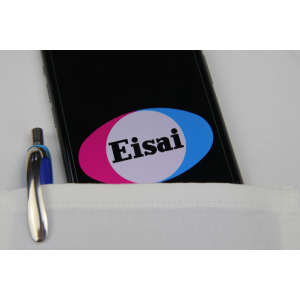Japanese pharmaceutical company Eisai announced on Tuesday that the Eisai Group has fallen victim to a ransomware incident which occurred on Saturday, June 3 and encrypted some of its servers.
As a result of the cyber-attack, several systems, including logistics systems, have been temporarily taken offline. Eisai’s corporate websites and email systems remain operational, and the company is currently investigating the possibility of any data leakage.
Read more on ransomware attacks: More DDoS, More Leaks: Where Ransomware is Headed in 2023
“Any potential impact of this incident on the consolidated earnings forecast of this fiscal year is currently under careful examination,” Eisai wrote in a ransomware notification published on Tuesday. “If determined that revisions are necessary, an announcement will be made as soon as possible.”
In response to this cyber-attack, Eisai said it swiftly established a company-wide task force and is working on recovery efforts with the guidance of external experts. They have also engaged law enforcement in the matter.
“No organization wishes to have a ransomware incident occur within its infrastructure, but when it does, having a robust security incident response program with dedicated teams who fully understand their roles and responsibilities can ensure a quick return to operations,” commented James McQuiggan, security awareness advocate at KnowBe4.
The security expert also suggested that the disclosure of successful infiltration by most cyber-criminal groups raises questions about whether the incident was initiated by an insider or a nation-state aiming to either steal data or inflict substantial disruption on the targeted organization.
“Cybercriminals will continue to target pharmaceutical companies for financial gain as their deliverables are critical to society,” McQuiggan added.
“The organizations usually have significant finances supporting the organization, and they work to steal any intellectual property to leverage any extortion or ransom to the organization.”
Pharmaceutical companies can learn more about safeguarding healthcare providers’ data by referring to this analysis piece by Michelle Teuscher, the life sciences industry principal at Treasure Data.
Editorial image credit: Ralf Liebhold / Shutterstock.com
Credit: Source link


Comments are closed.